Electric vehicles seem to be growing as a popular choice for personal transportation in Delhi, according to official registration data. With petrol and diesel prices bumping new highs almost every other day, the adoption of electric vehicles could be a trendy thing in the national capital region. Registrations of electric vehicles have been surpassing the total number of registrations of CNG and hybrid-fuel vehicles in the city.
Nevertheless, the Delhi government has no intentions to extend subsidies on the purchase of electric cars. According to the Delhi EV Policy 2020, which was notified by Delhi government on August 7 2020, the government had mandated subsidies for only 1,000 e-cars, on a first-come, first-served basis. Government records revealed that the administration has completed disbursing the subsidy to the first 1,000 e-cars. The first 1,000 e-cars got waivers on road tax and registration fee, in addition to a subsidy of ₹10,000 per kWh of battery capacity, with benefits being capped at ₹1.5 lakh per vehicle.
From July to September, electric vehicles accounted for seven percent of the total number of vehicles registered with the Delhi government's transport department. Of the 10 million registered vehicles in Delhi, about 7.3 million are two-wheelers. Of the 22,805 EVs registered during the above-mentioned period, 10,997 (48.2%) were e-rickshaws, followed by 5,246 electric two-wheelers (23%) and 3,845 e-carts (16.8%). Only 1,415 were e-cars and 309 were e-cabs. Overall, a total of 121,903 EVs have been registered in Delhi.
For electric two-wheelers, auto-rickshaws, rickshaws and freight vehicles, the subsidy is ₹5,000 per kWh of battery capacity, with a cap of ₹30,000 per vehicle. These segments, unlike the e-cars, have no cap on the number of vehicles that can avail of the benefits. The government aims to grant the subsidy to those who need it the most, and they include auto drivers, two-wheeler owners, delivery partners et cetera.
Delhi government plans to only procure electric buses in the future, to increase the share of zero-emission vehicles in public transport to over 50%. According to the plan, the government will induct at least 2,300 e-buses into its fleet by the end of 2022, and upgrade all existing bus depots with EV charging infrastructure.


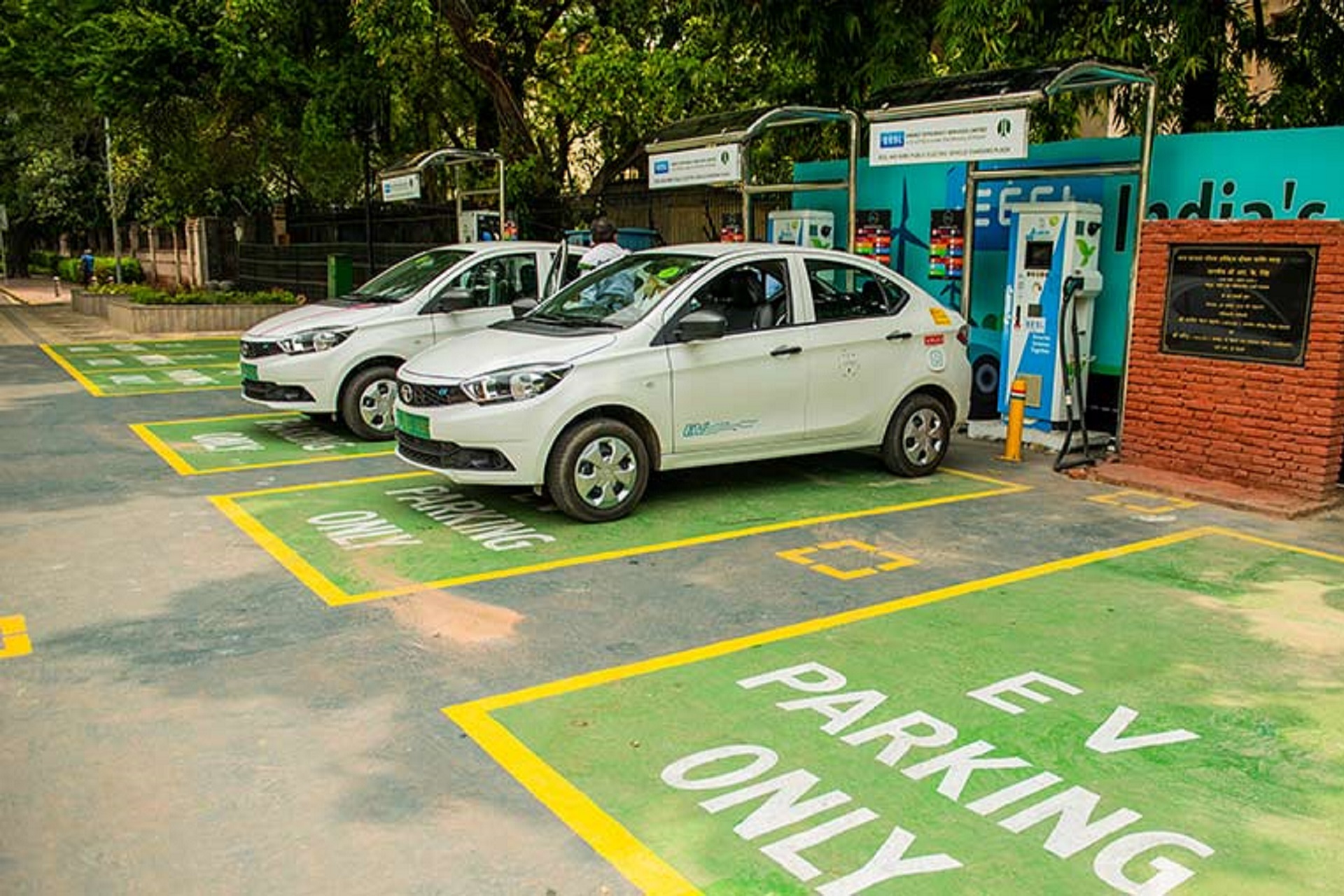
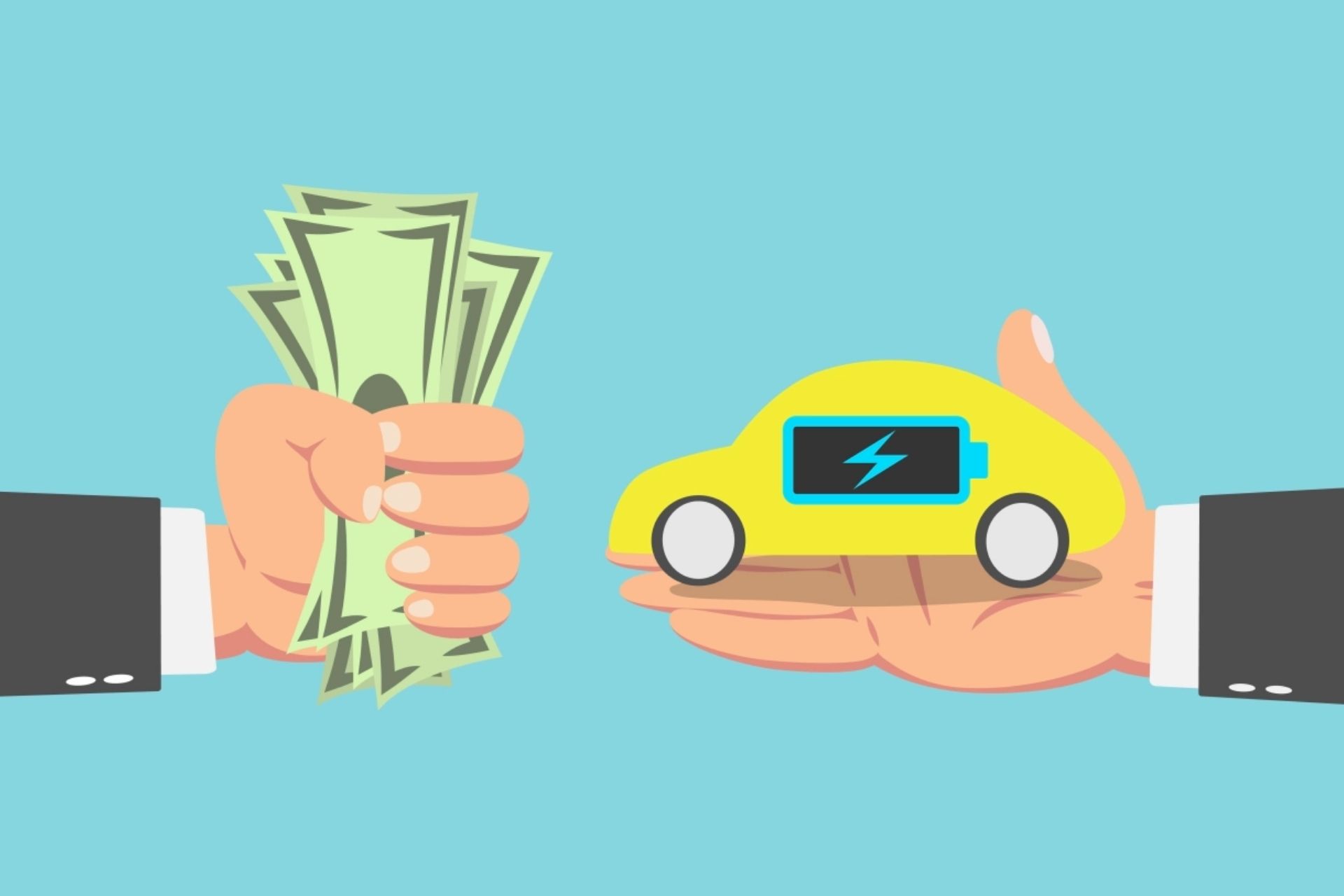
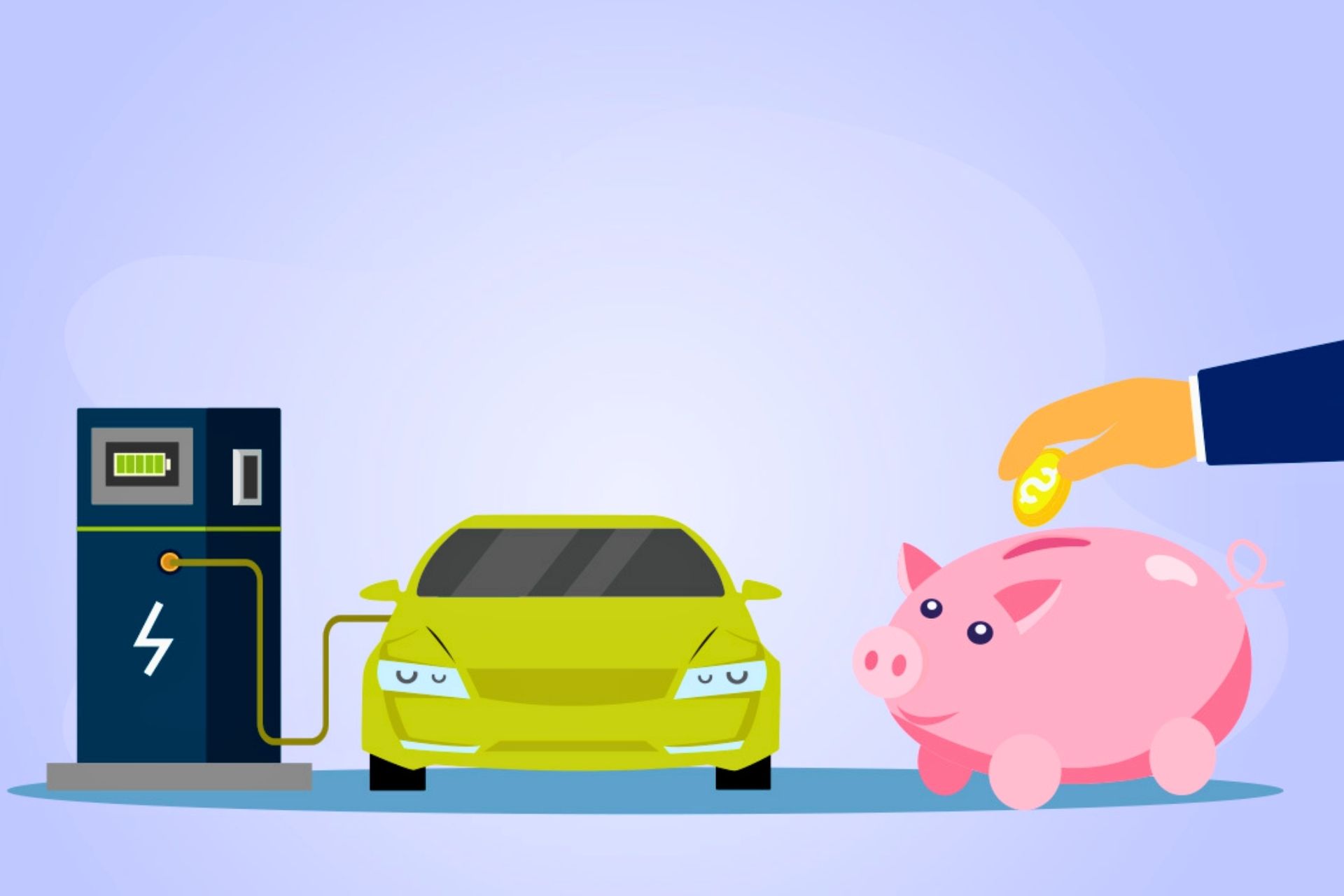
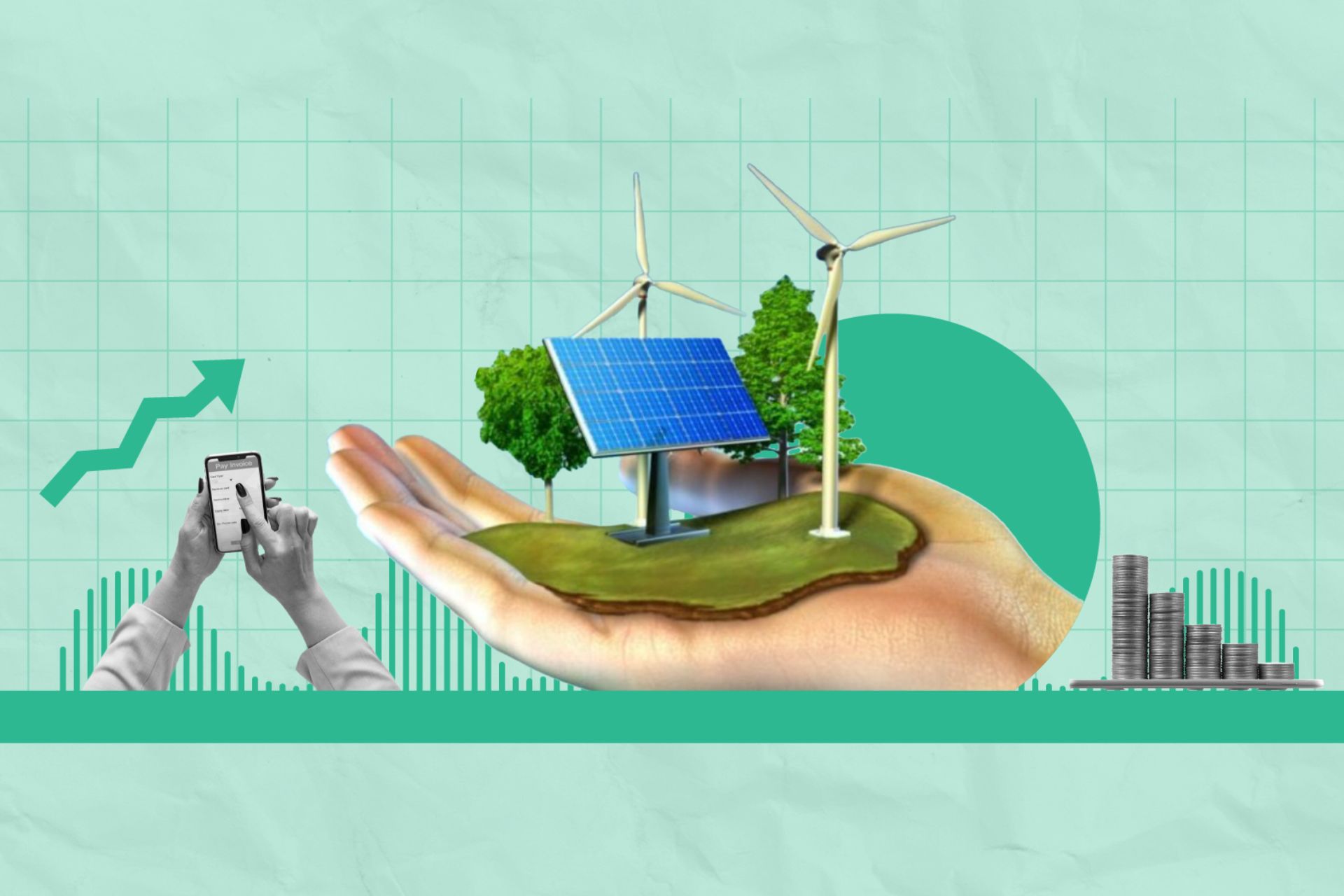
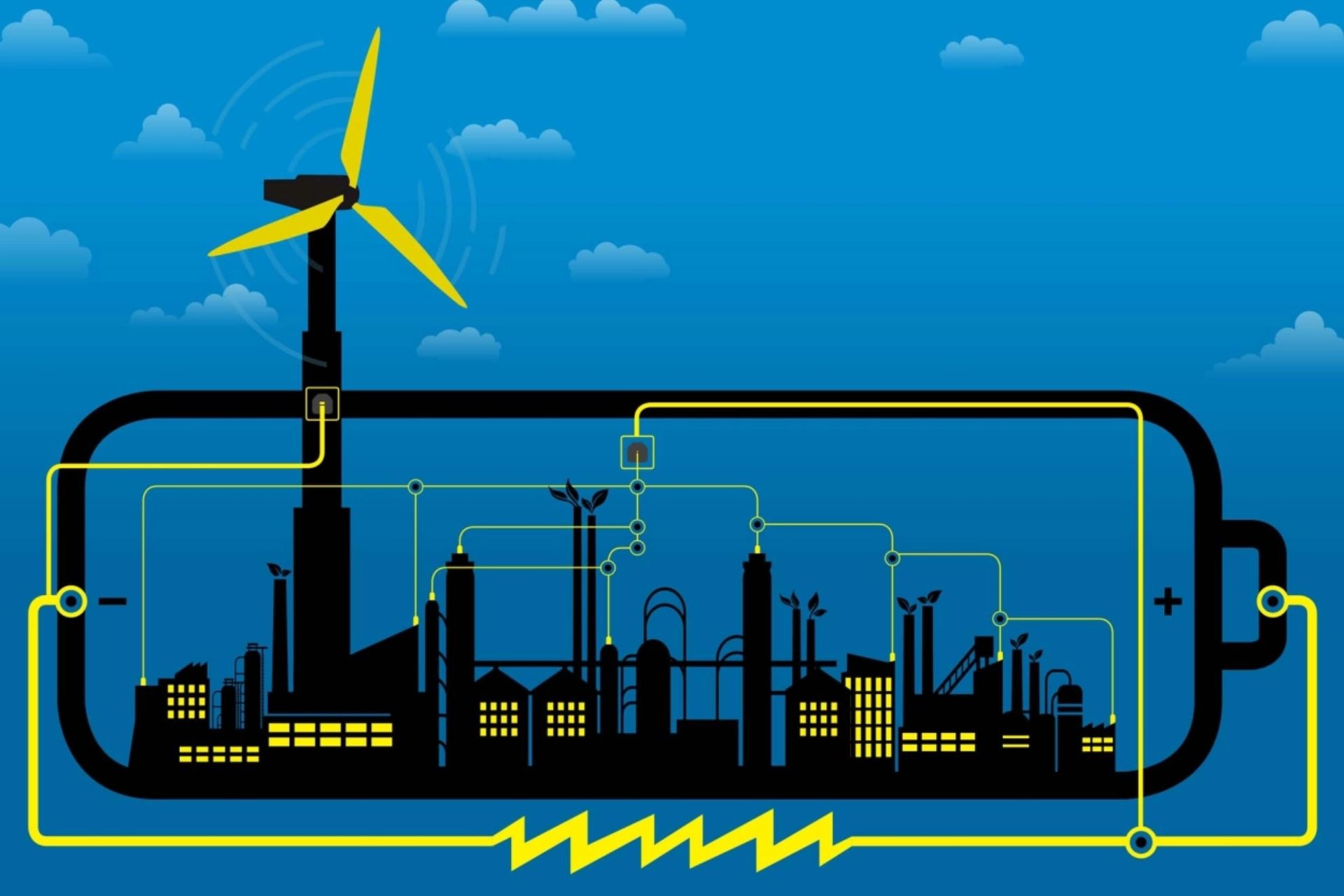
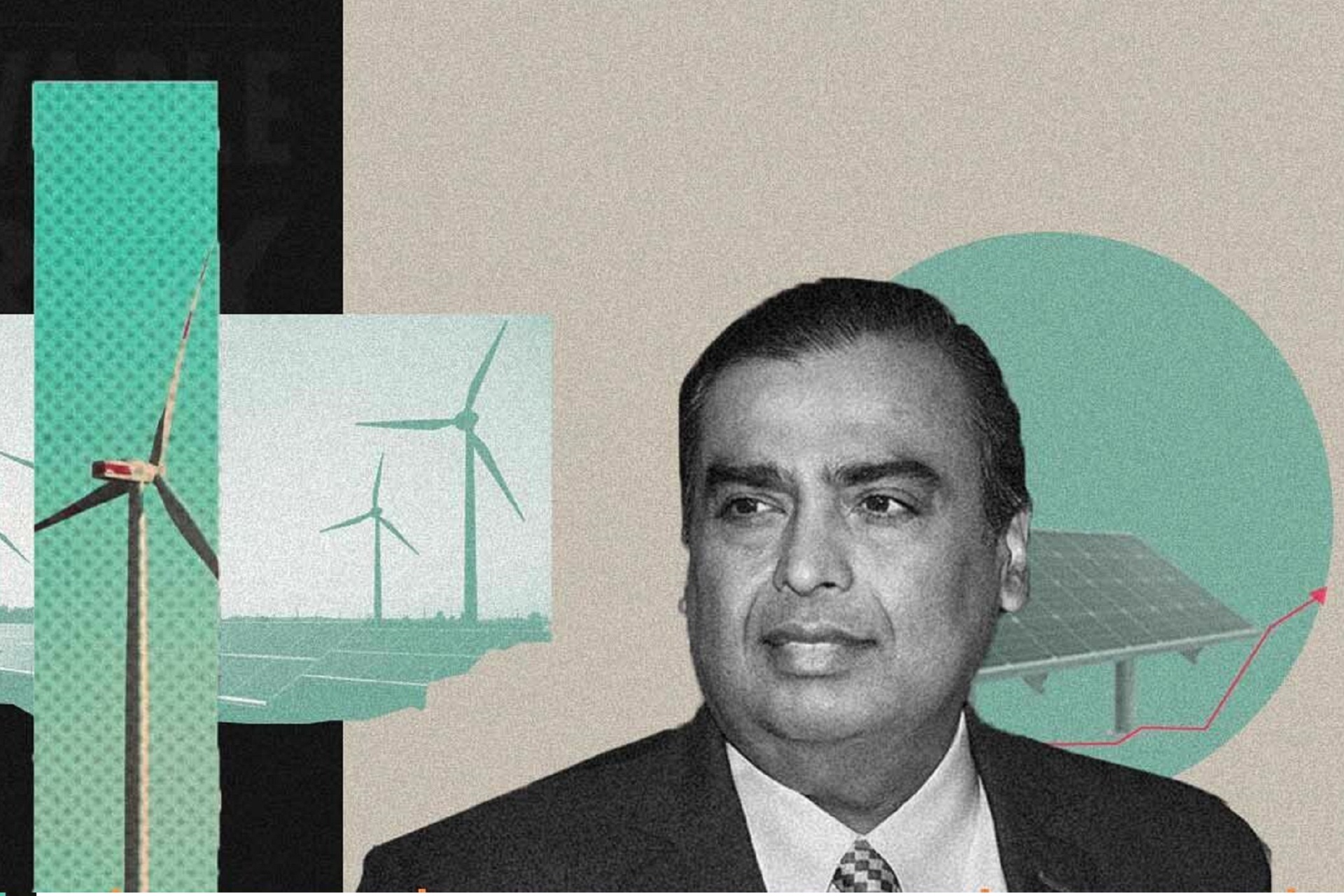
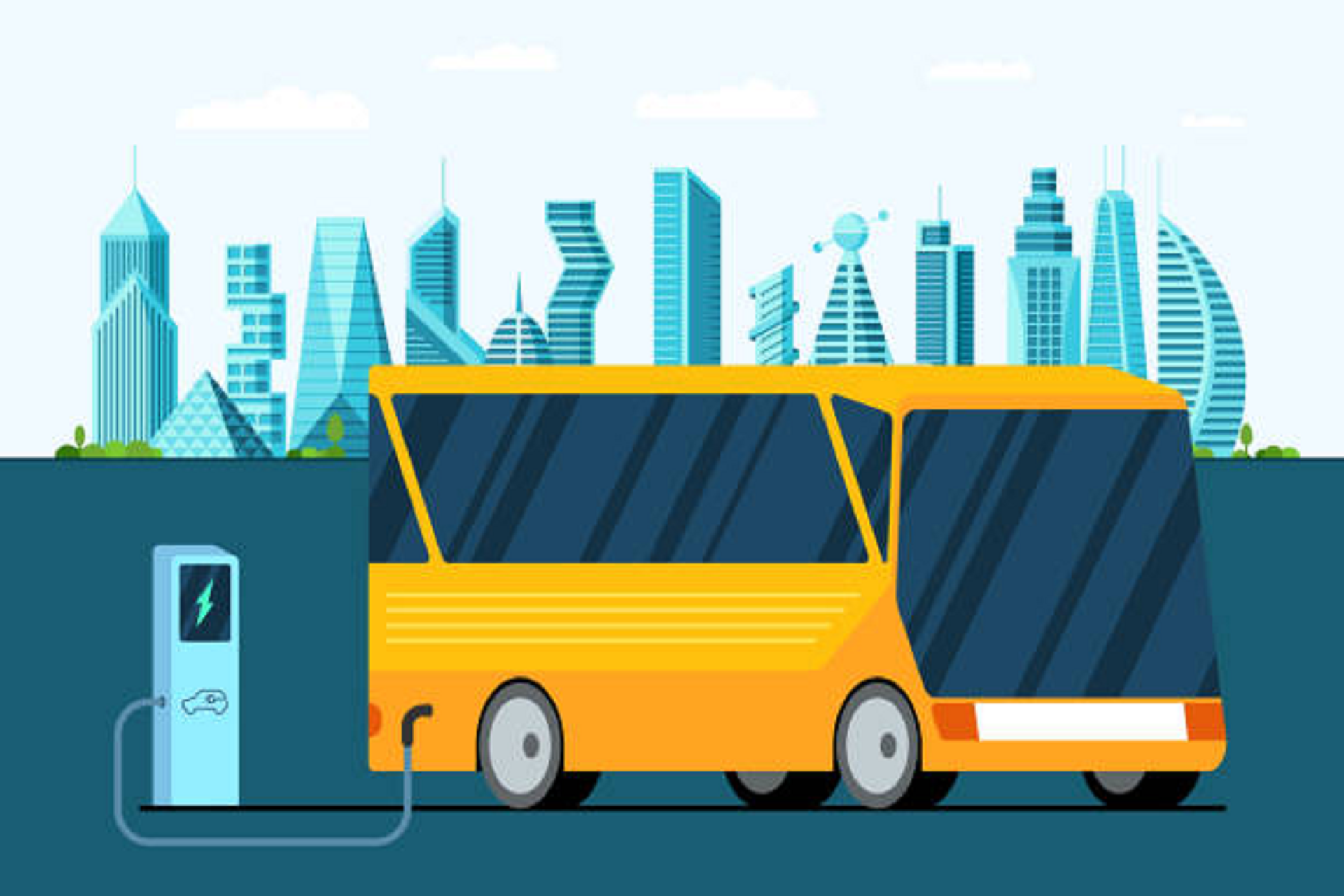
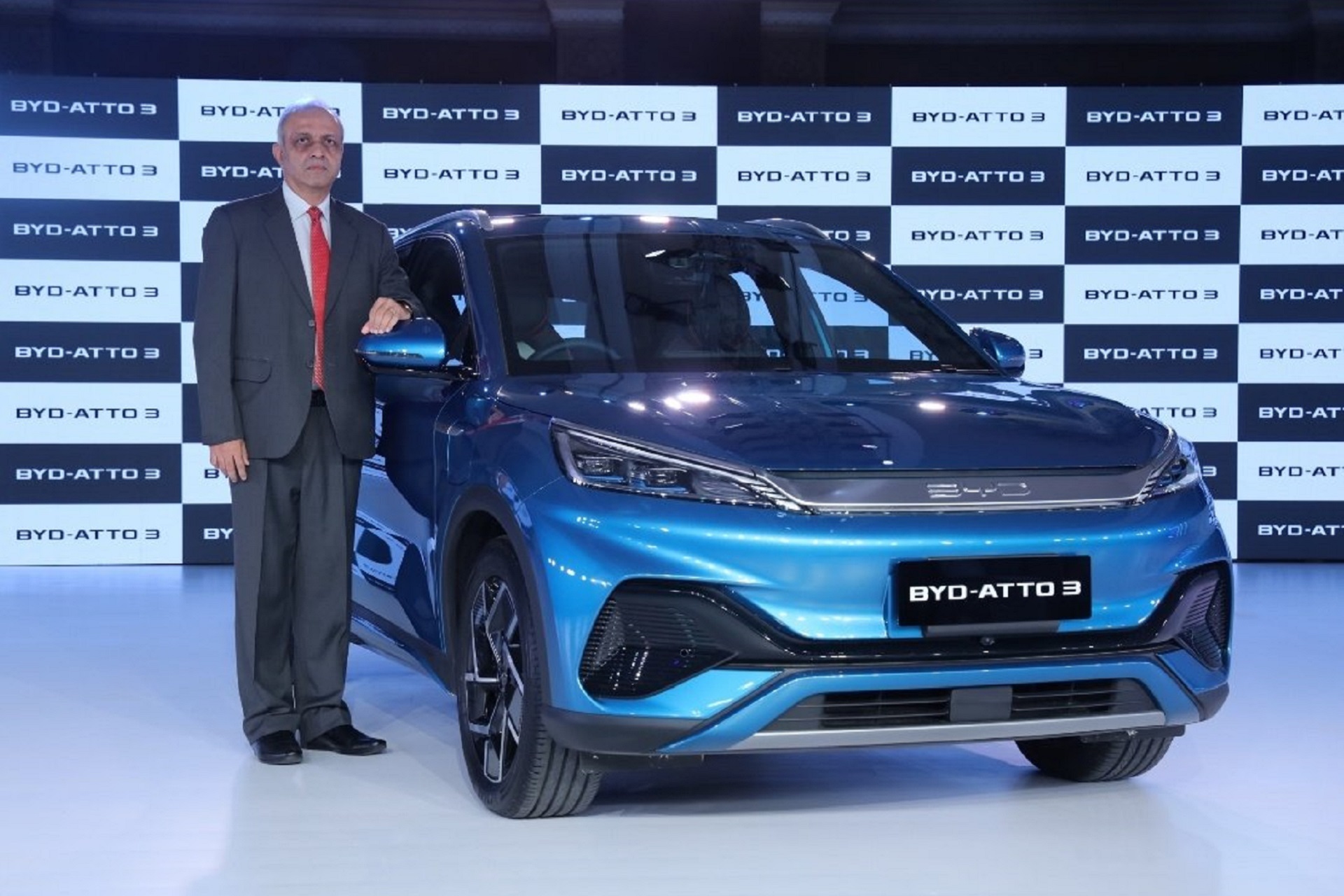
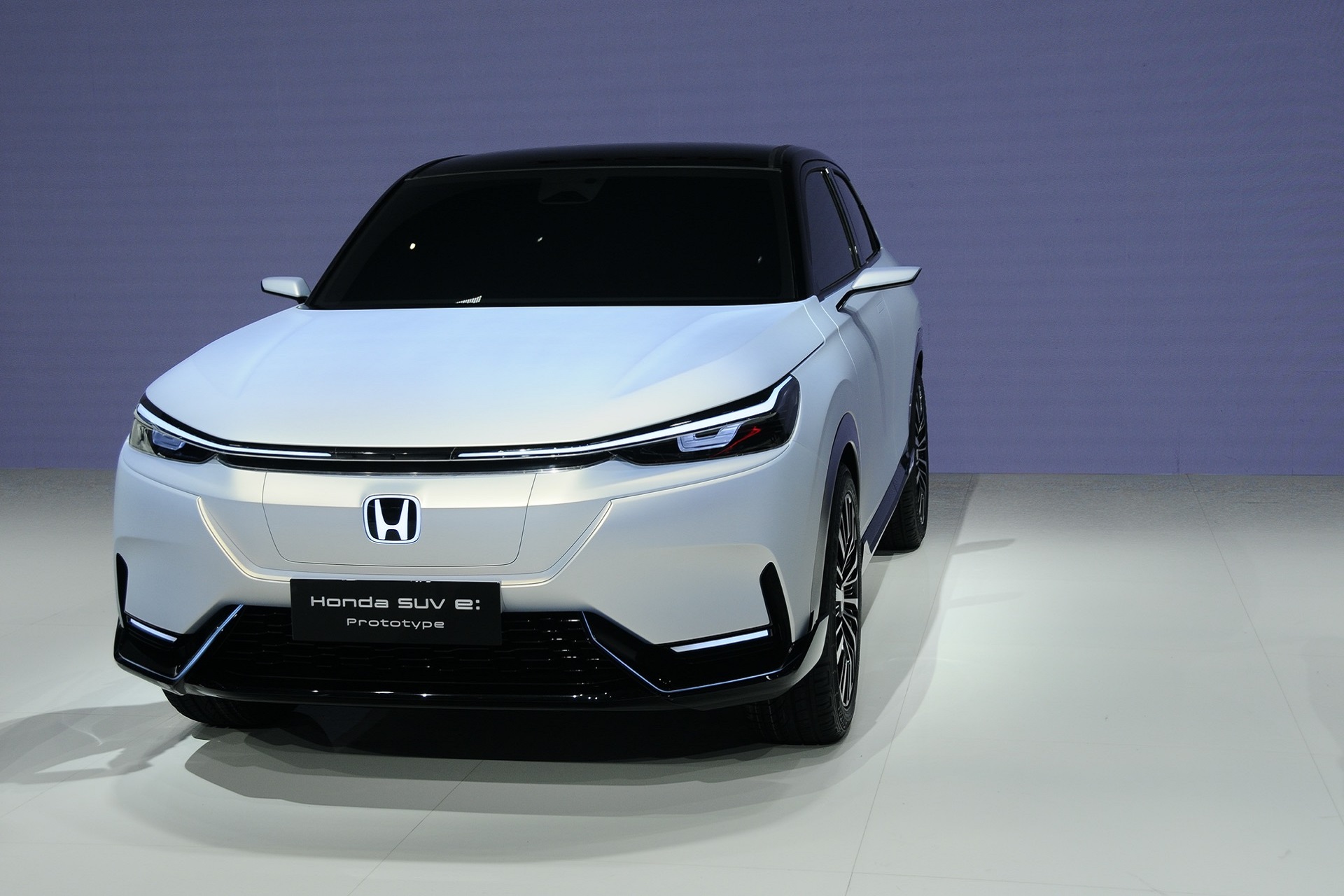
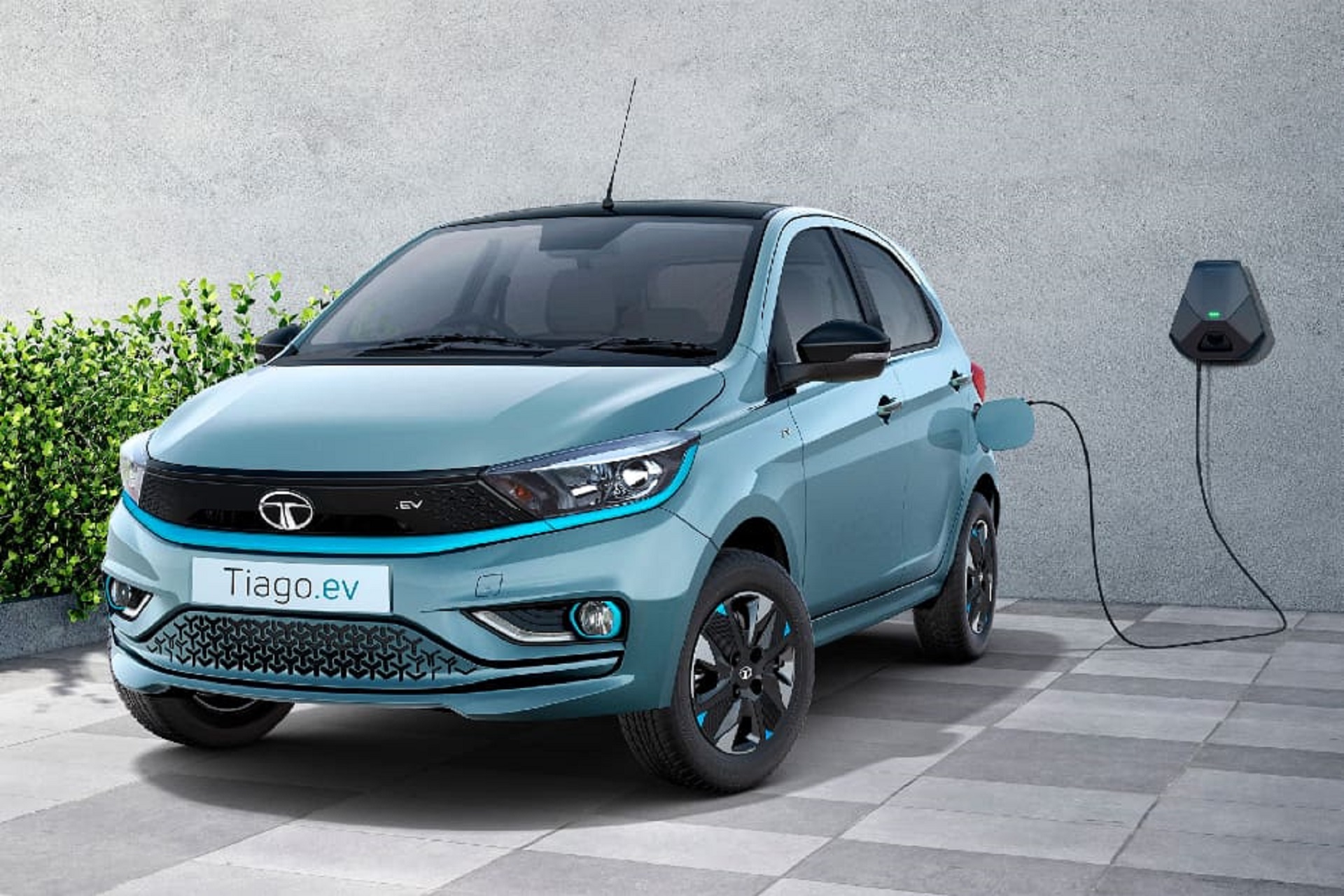
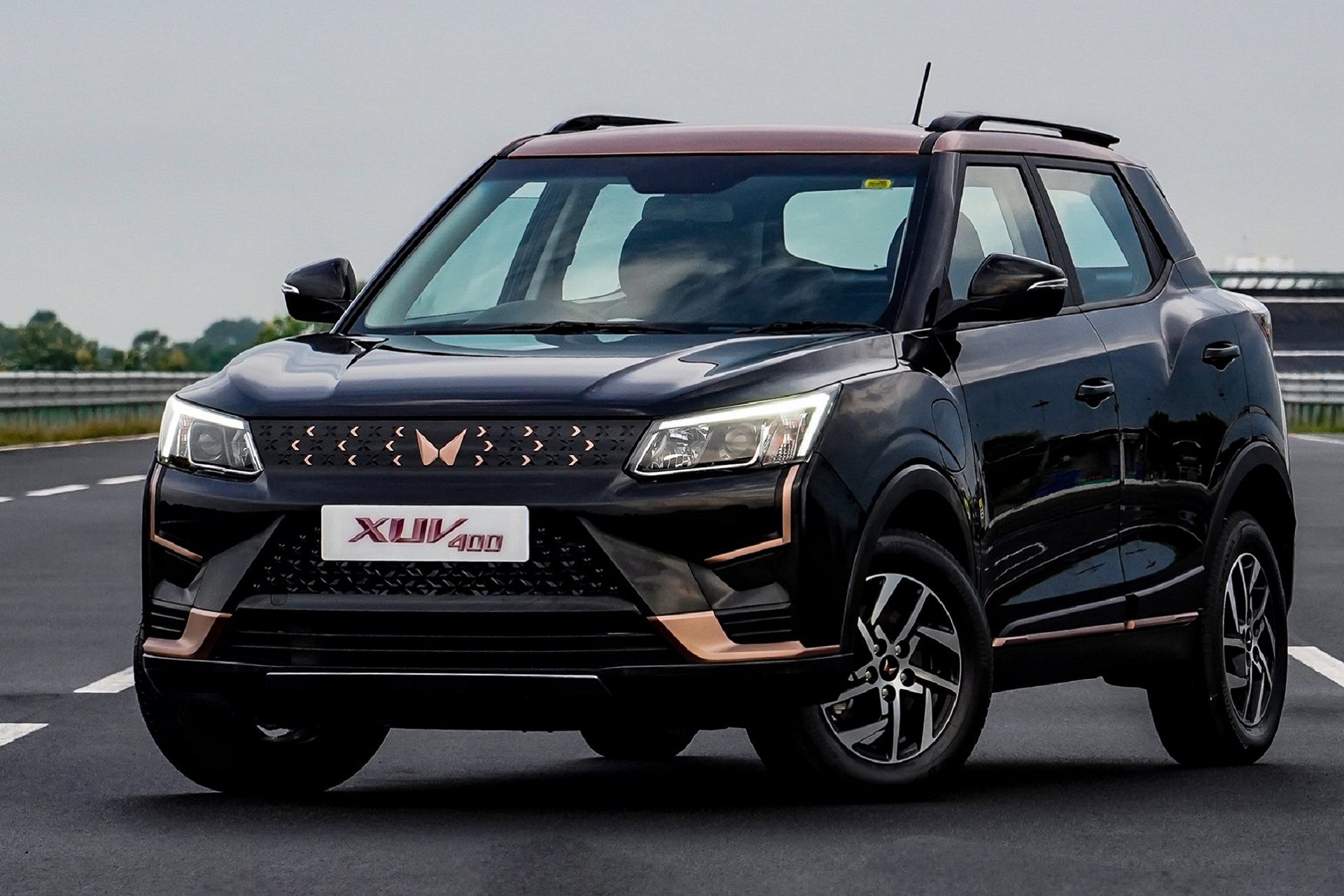
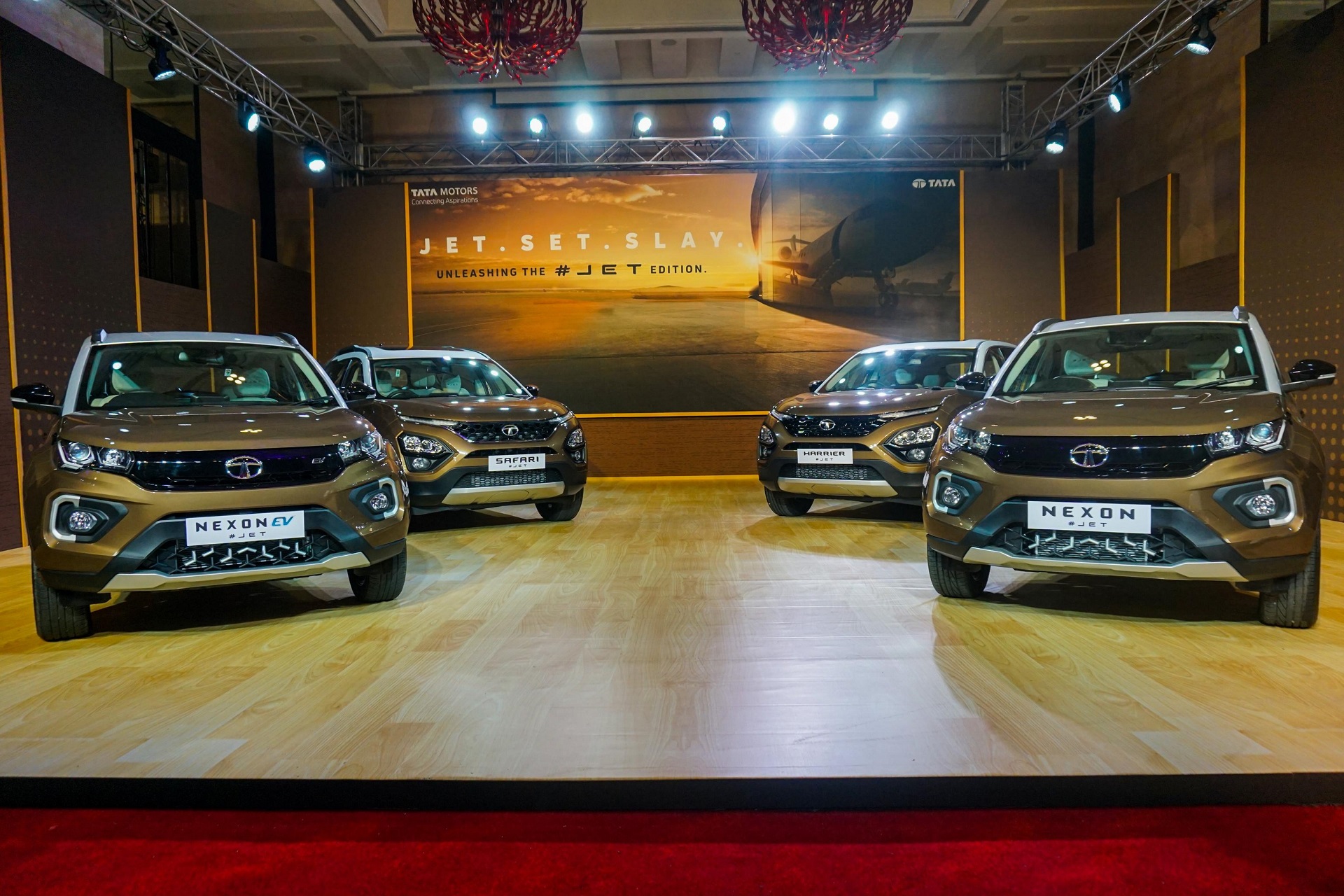
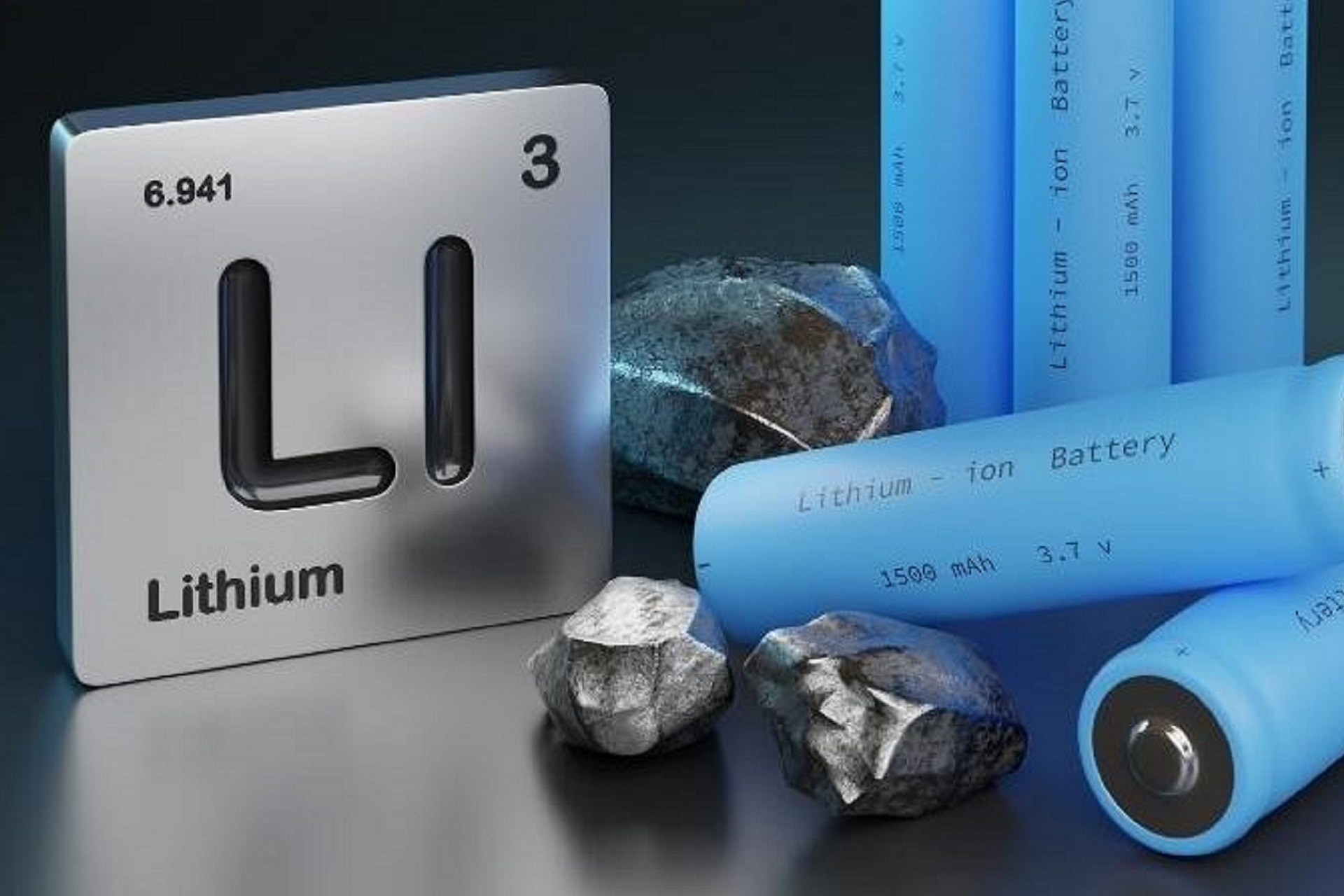
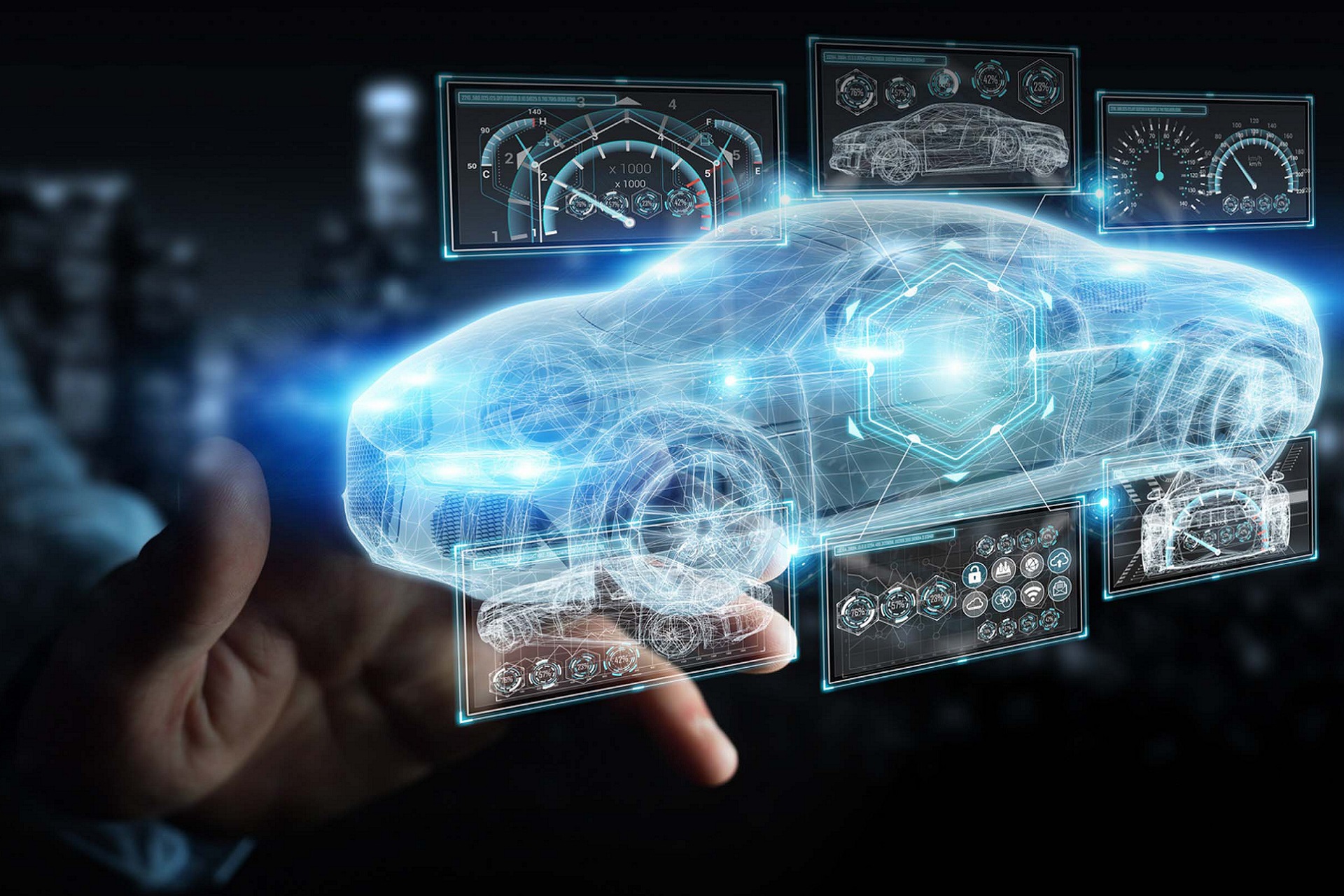
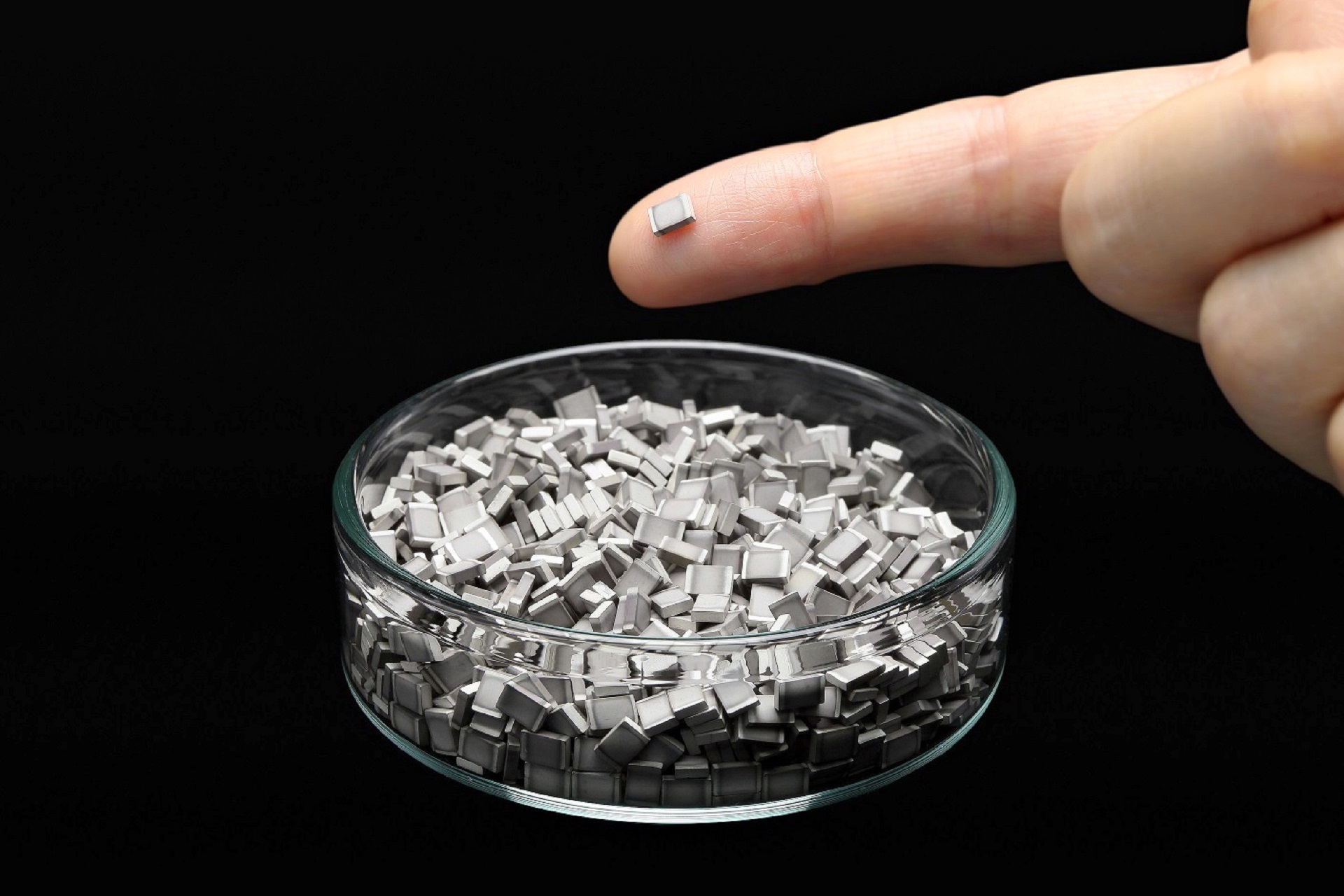
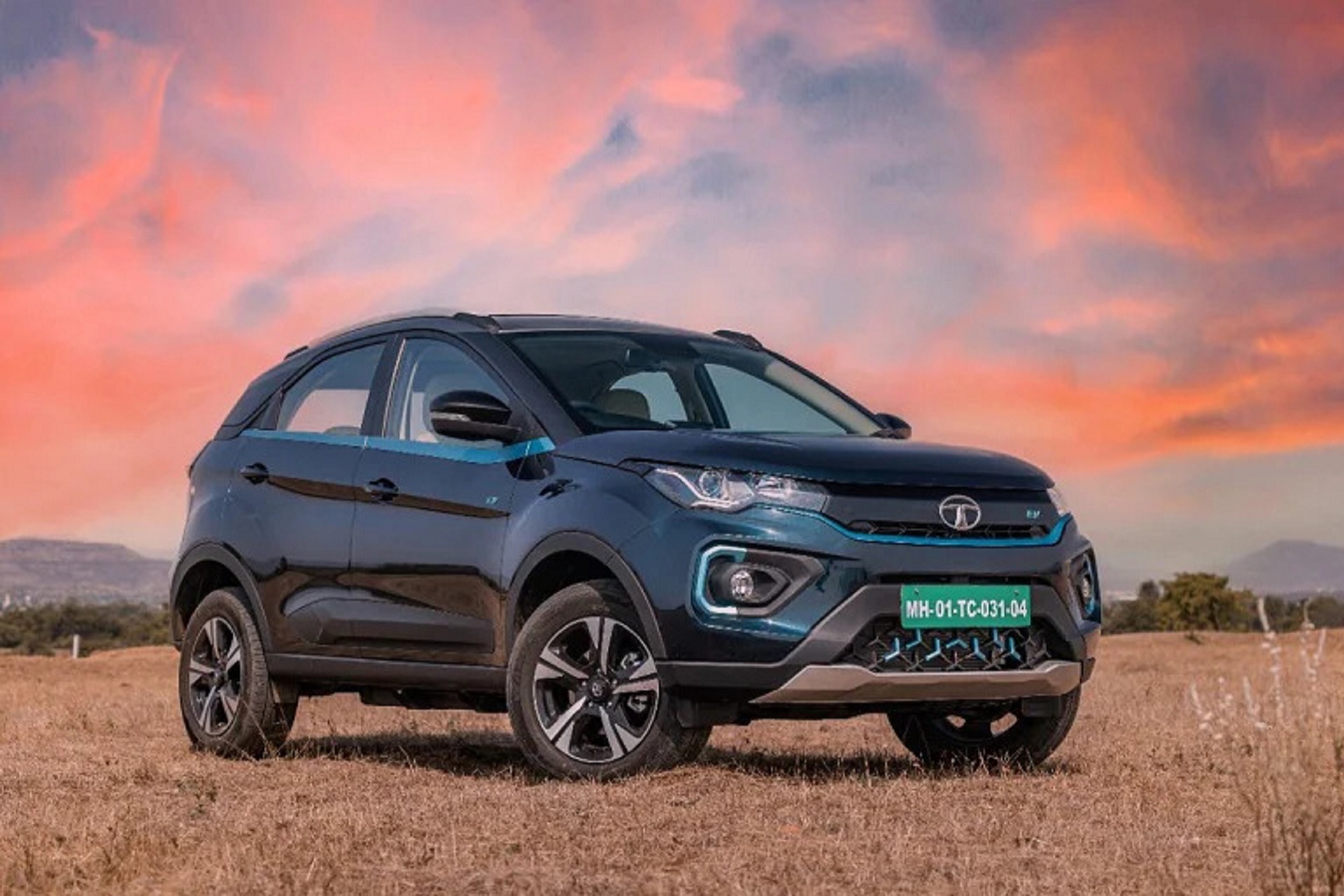
Please Login / register to post your comments!!
0 Comments